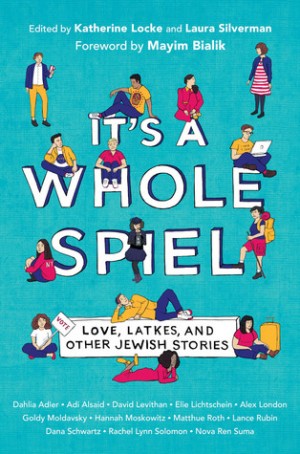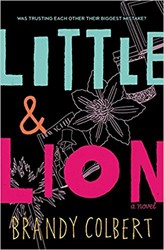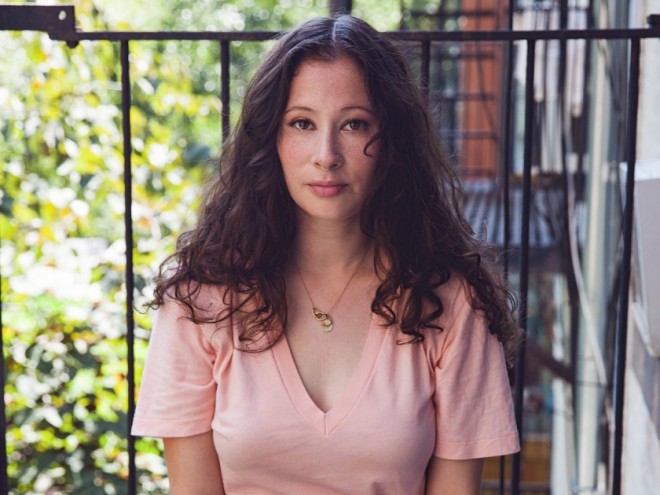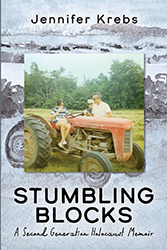After spending her whole life in a wealthy suburb outside New York City with her black mother and Jewish father, Nevaeh Levitz finds her world beginning to fall apart when her parents separate. Nevaeh and her mom move to Harlem — her mother’s childhood home and a place they haven’t visited in years — due to tension between Nevaeh’s parents’ families.
Nevaeh settles into a different life that includes Sunday services at the black Baptist church where her grandfather is pastor; however, she still attends her affluent, predominantly white, private school in the Bronx — a constant source of anxiety. She’s also required to spend time with her father, who grows more distant by the day. Nevaeh is horrified when he insists on her having a bat mitzvah instead of a sweet sixteen; especially since he only likes to claim his “Jewishness” to get his mother and his Bubby “off his back.”
Despite daily turmoil, Nevaeh finds solace in poetry. This private way to process her emotions blossoms into a source of strength as she shares the writing with her community. She is supported wholeheartedly by her best friend, who, although he is biracial with Chinese and white parents, has “never struggled with who he is.” Romance plays a role in Nevaeh’s story through her sweet relationship with Jesus DeSantos, a Dominican boy who quickly carves a space in her heart, but this strand never overshadows Nevaeh’s quest to find herself.
Harlem is richly drawn, from Dominican beauty salons to beloved bodegas to issues surrounding gentrification. Nevaeh encounters microaggressions throughout the novel, often when she least expects them — such as when she is stopped by a policeman who questions her safety while shopping for groceries with her black uncle, and when she witnesses a cab driver refuse to pick up a group of black women.
The cast of characters is well developed, particularly Nevaeh’s family in Harlem. Despite their longtime estrangement, her grandfather, aunt, uncle, and cousins provide warm stability in the face of her mother’s depression. Nevaeh’s fraternal twin cousins are instrumental in helping her navigate newfound experiences within black culture. While Janae is more patient with Nevaeh’s steep learning curve about what it means to be a young black woman, Jordan is quick to remind her of the privilege she holds due to her white-passing genes — sans sugarcoating.
Rabbi Sarah, who guides Nevaeh’s bat mitzvah instruction, is also a standout. Bighearted and rough around the edges, she helps a reluctant Nevaeh connect to Judaism and reveals a surprising past of her own. Scenes from Nevaeh’s bat mitzvah lessons convey the strong tradition of the Jewish faith while introducing her to an unexplored heritage.
Díaz’s accomplished debut is filled with warmth and humor, but never hides the ugly truths that can plague families — especially when they haven’t worked to understand each other’s differences. For those questioning their faith to teens who feel like they don’t quite belong anywhere, Nevaeh’s journey toward self-discovery is highly relatable. Along the way, Nevaeh learns that identity is as beautiful as it is complicated, and readers will cheer her on as she gradually becomes empowered to stand up for herself and others.
Brandy Colbert is an author of books for teens and kids, including the Stonewall Award – winning novel Little & Lion. She is on faculty at Hamline University’s MFA program in writing for children, and lives in Los Angeles.






